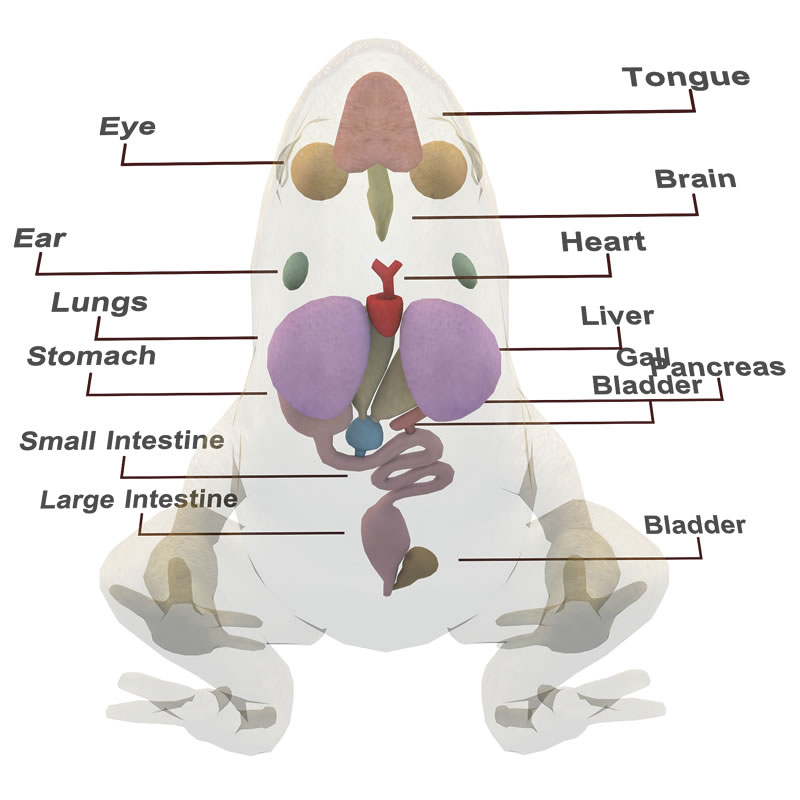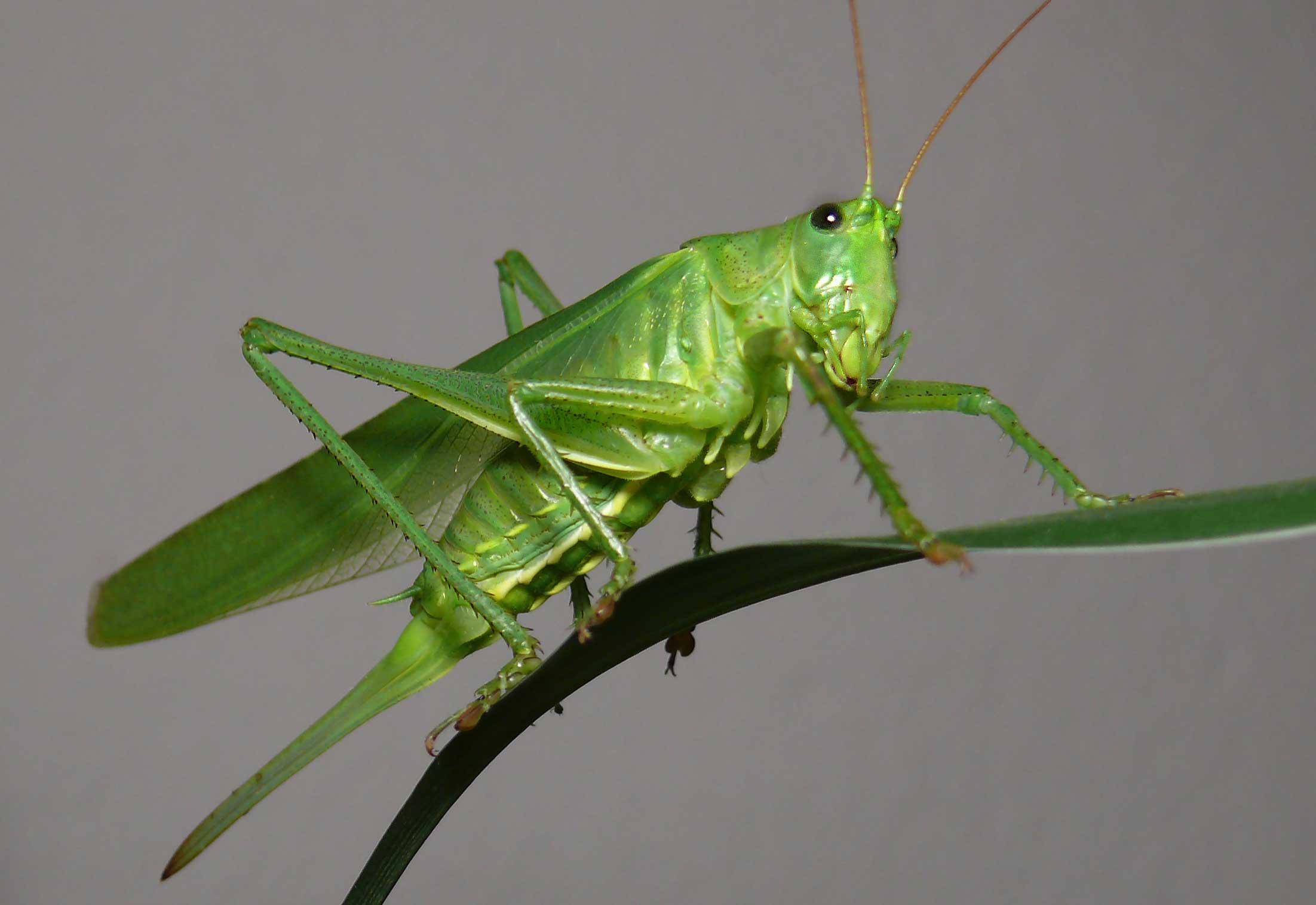Blogs

Thursday, May 26, 2011
Blog #15 Reflect on your semester and year in biology What were your successes? What were your failures? What did you learn that you will never forget?
During the second semester we did many things that were different than the first. First off, the dissections were a major difference and we also did a large amount of them. The first couple of dissections were not very successful due to the lack of experience but soon enough they were successful. It was unfortunate that our frog had been taken by someone so we had to start over with a larger and a harder frog to dissect. Even through that we were able to get into the stomach and almost to the brain. Many other projects however, were successful such as the evolution project. The thing I would never forget was the frog dissection, it was the most interesting one so far, and the hardest one to do.
Thursday, May 19, 2011
Blog #14 Compare two of the organisms that we have dissected. Discuss at least 2 similarities and 3 differences.
Two different dissections that we had done so far were the grasshopper and the frog.
Similarities - Both of these animals have flexible jaws which allow them to eat their prey easily.
- Secondly, they are both great jumpers. Their legs allow both of them to travel quickly to either catch prey or escape predators.
Difference - Their skin are different though, the grasshopper has a hard shell while the frogs have slimy and slippery skin.
- The internal organs of frogs have a greater similarity to our own while a grasshopper doesn't.
- Finally the grasshopper has a lot more internal and external parts.
Similarities - Both of these animals have flexible jaws which allow them to eat their prey easily.
- Secondly, they are both great jumpers. Their legs allow both of them to travel quickly to either catch prey or escape predators.
Difference - Their skin are different though, the grasshopper has a hard shell while the frogs have slimy and slippery skin.
- The internal organs of frogs have a greater similarity to our own while a grasshopper doesn't.
- Finally the grasshopper has a lot more internal and external parts.
Blog #13 Interesting Dissections
 The most interesting dissection this week was the frog. The insides of the frogs had a large amout of eggs inside and the intestines were very long. Cutting into the frog was a long process because we had to cut it multiple times and getitng to the stomach was hard due to all the eggs. However inside the stomach held alot of insects which was interesting.
The most interesting dissection this week was the frog. The insides of the frogs had a large amout of eggs inside and the intestines were very long. Cutting into the frog was a long process because we had to cut it multiple times and getitng to the stomach was hard due to all the eggs. However inside the stomach held alot of insects which was interesting.
Thursday, April 28, 2011
Blog#12 What surprised you from the worm's dissection?
Thursday, April 21, 2011
Blog #11 Get a picture of alternation of generations put it in your blog and explain how it relates to plants
The alternation of generations relates to plants because it is a term that is used in describing the life cycle of plants. This treats the alternation of multicellular diploid forms of plants with a multicellular haploid form as the defining characteristic.
Thursday, April 14, 2011
Blog #10 Why is dissection an important part of a biology curriculum? Which animals and/or plants should be included in biological studies?
 Dissection is important because it allows people to obtain information from either animals or plants. Animals such as frogs are often used because their internal organs are very similar to human ones. People are allowed to get hands-on experience that helps student get experience and follow direction with a certain animal. Flowers such as lilys or tulips are also disected.
Dissection is important because it allows people to obtain information from either animals or plants. Animals such as frogs are often used because their internal organs are very similar to human ones. People are allowed to get hands-on experience that helps student get experience and follow direction with a certain animal. Flowers such as lilys or tulips are also disected.
Thursday, April 7, 2011
Blog #9 Defining forms of community interactions.
Competition- an interaction between organisms or species, in which the fitness of one is lowered by the presence of another.
Commensalism- is when one organism is benefited and the other organism is neither benefited nor harmed.
Mutualism- an interaction between two or more species, where species derive a mutual benefit, for example an increased carrying capacity.
Predation- when a predator feeds on a prey.
Parasitism- when two species benefit while one doesn't but the other species does not die from it.
Commensalism- is when one organism is benefited and the other organism is neither benefited nor harmed.
Mutualism- an interaction between two or more species, where species derive a mutual benefit, for example an increased carrying capacity.
Predation- when a predator feeds on a prey.
Parasitism- when two species benefit while one doesn't but the other species does not die from it.
Subscribe to:
Posts (Atom)









